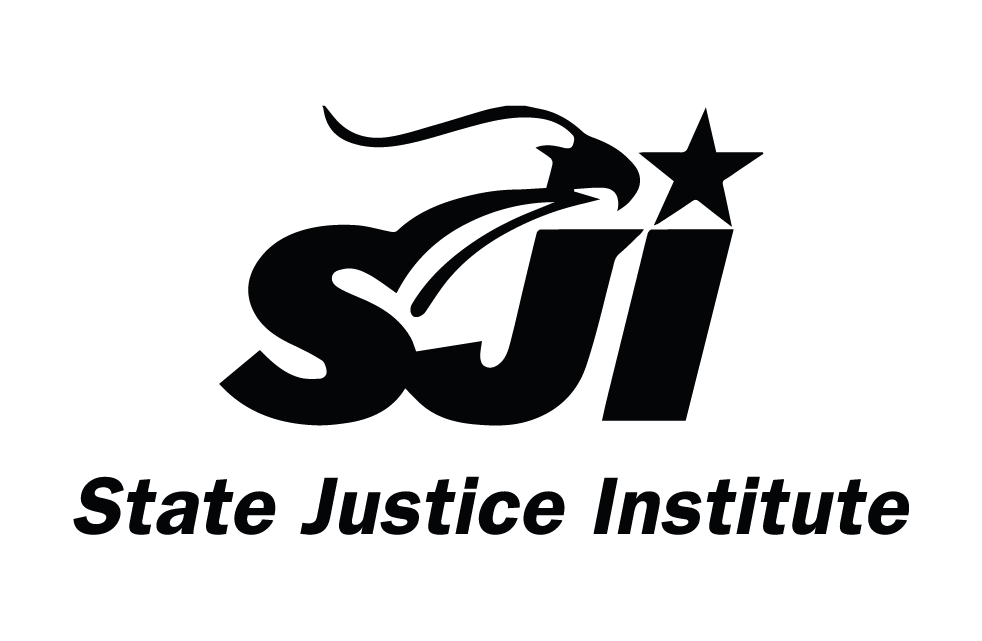
Knowing which immigrant survivors qualify for which forms of health care and which health care programs are open to all persons without regard to immigration status is extremely important as programs across the country are working to serve immigrant victims of domestic and sexual violence and human trafficking. NIWAP is providing this webpage that pulls together resources to help you determine which immigrant crime victims you are working with qualify for which free, low-cost, or subsidized health care in your state. For more resources that can assist your work with immigrant survivors related to the COVID-19 pandemic, go to NIWAP’s COVID-19 resources page.
Health care is available from public hospitals, community and migrant health clinics, federally qualified health centers, and SAMHSA funded Certified Community Behavioral Health Clinics to all persons without regard to insurance, ability to pay, place of residence, age, or immigration status. To find HHS funded federally qualified health centers and SAMHSA funded mental health treatment for that victims you work with can access in your state, use the following links:
In addition, immigrant victims of domestic violence, sexual assault, child abuse, stalking, dating violence, human trafficking, and other crimes are generally eligible for Victims of Crime Act (VOCA) funded post-assault health care, for Emergency Medicaid to treat serious health conditions including broken bones, and free forensic examinations for victims of sexual assault. Look up the application requirements and how immigrant survivors can access this help in your state in NIWAP’s state by state health care charts:
- Post-Assault Healthcare and Crime Victim Compensation for Immigrant Victims of Violence
- Coverage or Forensic Costs for Undocumented Immigrants
- Emergency Medicaid for Non-Qualified Immigrants
- Pre-Natal and Child Health Care for Immigrant Victims and Their Children
For additional information on the range of health care available to immigrant survivors and other public benefits and government funded services are open to all immigrant survivors, please see below:
- Programs Open to Immigrant Victims and All Immigrants Without Regard to Immigration Status
- Public Benefits Access for Battered Immigrant Women and Children
- Barriers to Accessing Services: The Importance of Advocates Accompanying Battered Immigrants Applying for Public Benefits
- Access to Health Care for Immigrant Victims of Sexual Assault
- Immigrant’s Access to Programs and Services Necessary to Protect Life and Safety and Post-Assault Health Care
- Immigrant Access to Health Benefits: A Resource Manual by the National Health Law Program and The Access Project
What health care access, benefits and services immigrant survivors qualify for in your state
“States have the ability under federal law to provide more access to health care and other state funded benefits than what is available under federal law. As victims begin the processing of applying for crime victim based immigration relief, they gain more access to healthcare.
Which victims qualify for which health care and other publicly funded benefits and services varies:
- By State,
- By the immigration status or form of immigration relief that the victim has applied for,
- What date the victim first entered the U.S. – before or after August 22, 1996, and
- Which benefits program or programs the victim is seeking – the rules vary by benefits program. Some take longer or have eligibility requirements that limit access.
To look up which victims qualify for what health care, benefits, and victim services survivors you work with and their children qualify for in your state, the following tools can be of assistance:
- Interactive Public Benefits Map
- All State Public Benefits Charts
- A Guide to Public Benefits Map for Immigrant Survivors of Crime
- State-Funded Public Benefits Comparison Charts
- Programs Open to Immigrant Victims and All Immigrants Regardless to Immigration Status
It is important to note that the two forms of health care that are most commonly funded by states are prenatal and child healthcare. The following chart will help you see what immigrant survivors and their children qualify for in your state.
We also have a webinar outlining healthcare available to immigrant survivors:
-
“Healthcare: Understanding the Affordable Care Act and How it Affects Immigrant Survivors” (Webinar) https://niwaplibrary.wcl.american.edu/immigrant-victims-healthcare
For further information that immigrant victims can access, please refer to our public benefits toolkit.
*This publication was developed under grant number SJI-20-E-005 from the State Justice Institute. The points of view expressed are those of the authors and do not necessarily represent the official position or policies of the State Justice Institute.
